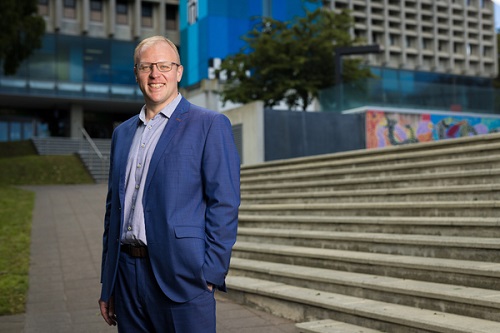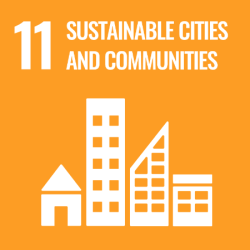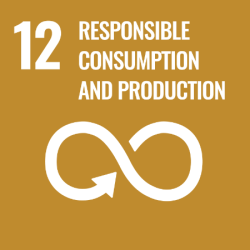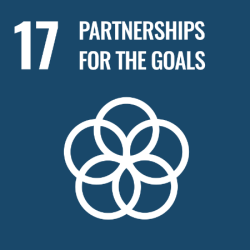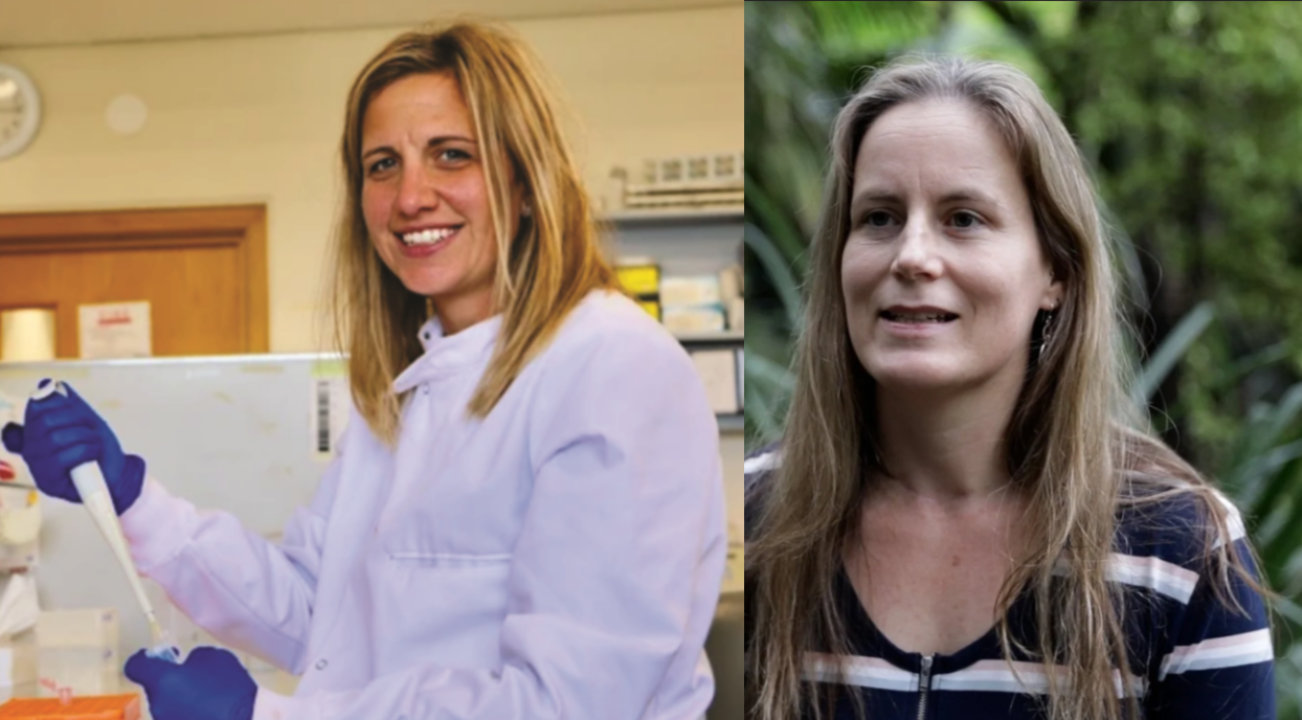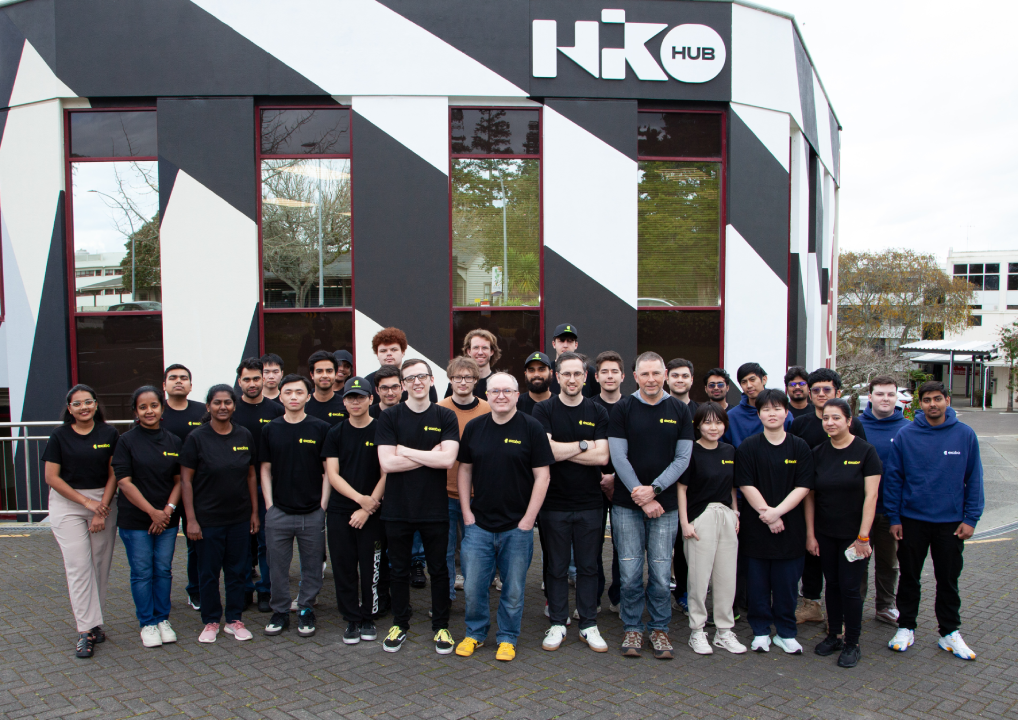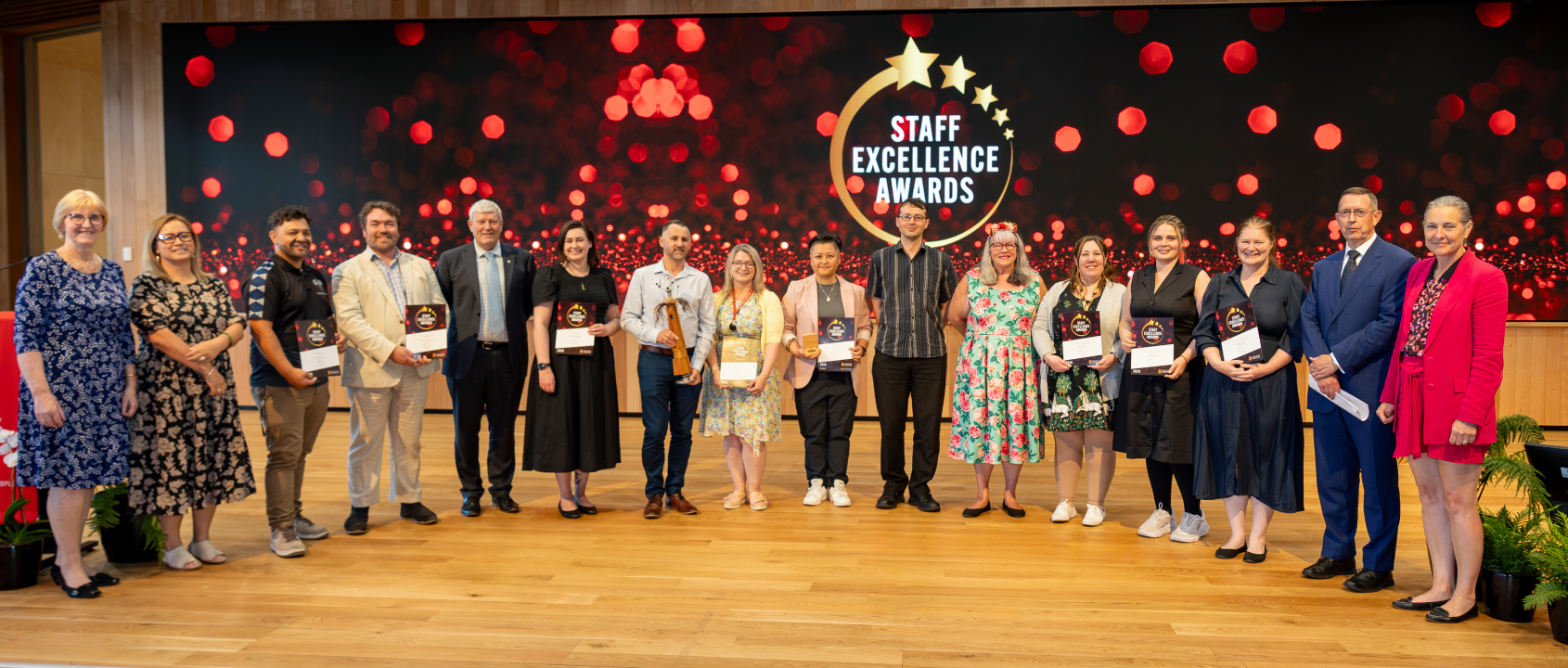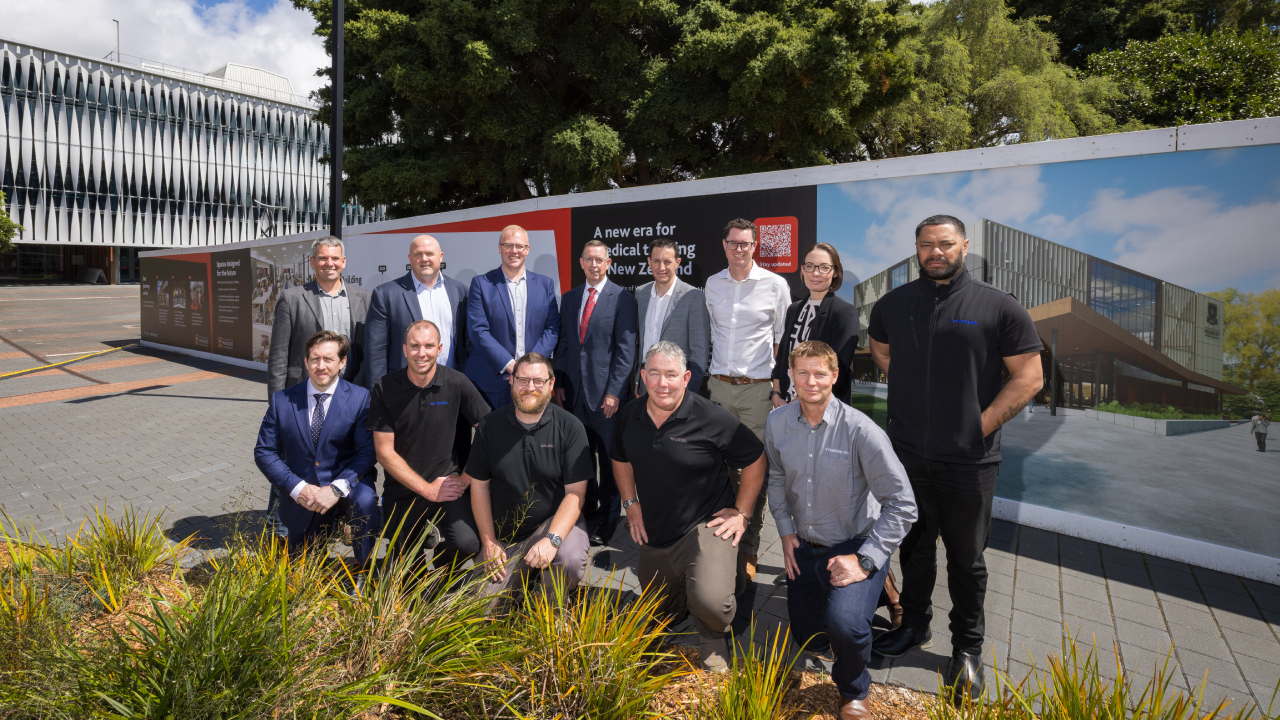The University of Waikato received $1.31m which will go towards two projects - continuation of a campus-wide upgrade of lighting to more efficient LEDs and replacing gas heaters and gas domestic hot water cylinders across the Hamilton campus. These projects will reduce emissions by an estimated 5,718 tonnes over the next ten years.
“We really are leading the way in practical and tangible steps toward carbon neutrality, which includes real offsets. This latest investment will be a real game-changer for us, with thousands of tonnes of emissions being eliminated,” says Chief Operating Officer, Jim Mercer.
“We’re also marching ahead with other plans, including significant investments in solar power and building optimisation for our Hamilton campus. While sustainability principles are firmly embedded within our new developments – including The Pā and our Tauranga campus – our big challenge lies with our older infrastructure. This requires us to be innovative and attentive and continue to prioritise this work in everything we do.
“The first tranche of rooftop panels are being rolled out now and will provide an immediate benefit to both our emissions and our bottom line.”
